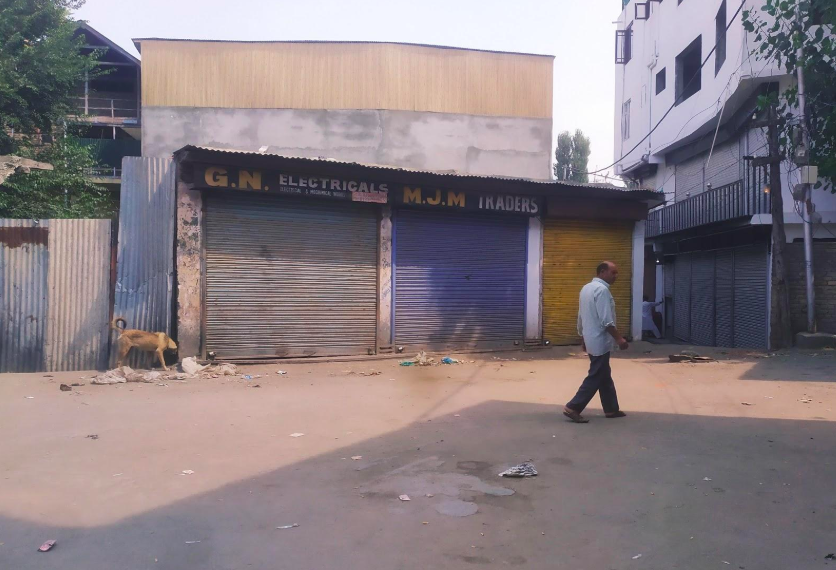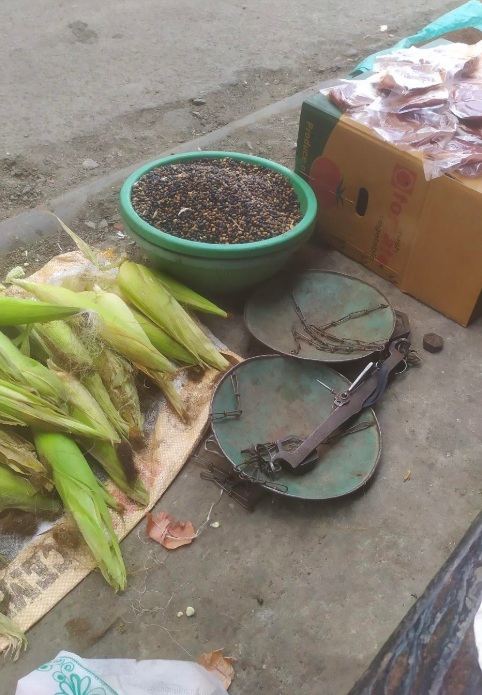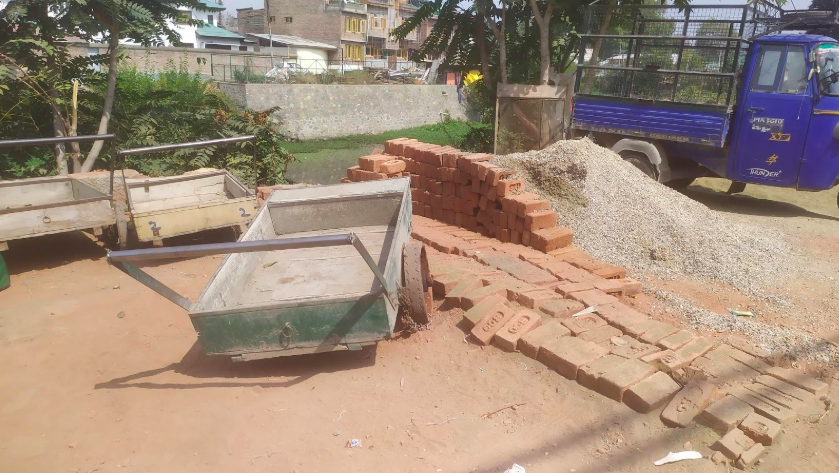Kashmir: Workers Bear the Brunt of Lockdown

It has been over 50 days post the abrogation of Article 370—which had granted a special status to the state of Jammu and Kashmir. Bearing the brunt of the ongoing lockdown, daily wage work has been adversely affected, with wage workers just having to camp on the streets and managing with whatever little supplies they have left in the stock.
Ali Mohammed puts up a stall every morning hoping to sell corn that he cultivates at his home in Sumbal. Ali travels for over three hours to get to the city for an abysmally low amount of Rs 300 every day. “My house is over 30 kilometres away. Ever since the lockdown has been announced, my business has been completely crushed. Earlier, I used to make over Rs 2,000 on an average day. Now, all my cash reserves are also drying up and I’m having to think of borrowing money to sustain my family.”

He added that the supplies are also very limited. Prior to the abrogation of Article 370, he could manage to get more than four bags of corn and dal (lentils) that he could sell and now he's only managing to get half of each which is affecting his day to day earnings. “We cultivated this corn for over three months, hoping to get good returns. I am clueless about how I will manage now,” he said.
The worst fears of those involved in daily wage construction work have also come true. “I transport bricks to the construction sites. It has been days that my tempo has been parked here. We sit here the whole day without any work. This is my worst nightmare, not being able to take any cash to my family every single day. I don't know for how long this will go on for and how long I can continue to do this," said Shahid* (name changed), who is now completely unemployed.

This is the state of city's thousands of daily wage workers as well as barbers, carpenters, artisans and even tour guides and travel agents. Speaking to NewsClick, 52 year old Mehmood* (name changed) said, "I used to sell clothes on the streets earlier. Around Eid, I had piled up a stock of over Rs 6 lakh, hoping to make a good profit. All of that has now gone down the drain as all my stock is wasted. With the curfew, even if we run the business, there are no takers."
Mehmood added that supplies such as rice and oil are now running dry in his house. “There are eight people in my house who are dependent on me. Only I and my brother are the working members in the family. He's a driver and is not being able to bring any money home, as passenger cars are not being allowed to ply. Even when they are, it is barely for two hours and that is not enough for us to make a day's wage.”
Clearly, it isn't business as usual in the state with markets being open briefly for only a little over two hours every morning—from 7 am to 9 am. The daily wage workers are forced to resort to taking money from the lenders or seek refuge in the community and neighborhood to meet their everyday needs. Mehmood added, “We are dependent on the community right now and are bartering goods. My mother was unwell and our neighbours lent us Rs 10,000, but we aren't sure how many like us are being able to take help and how long we can survive on bartering and community resources."
Also read: Kashmir Clampdown: Losses Running into Thousands of Crores, Say Jammu Traders
Get the latest reports & analysis with people's perspective on Protests, movements & deep analytical videos, discussions of the current affairs in your Telegram app. Subscribe to NewsClick's Telegram channel & get Real-Time updates on stories, as they get published on our website.
























